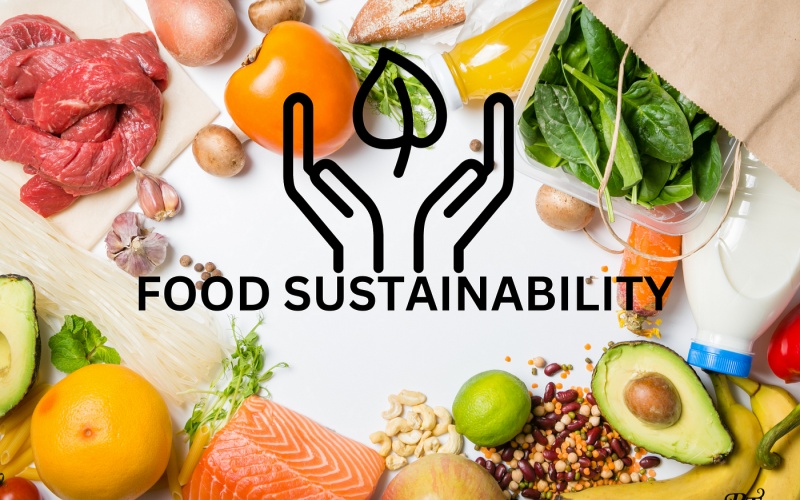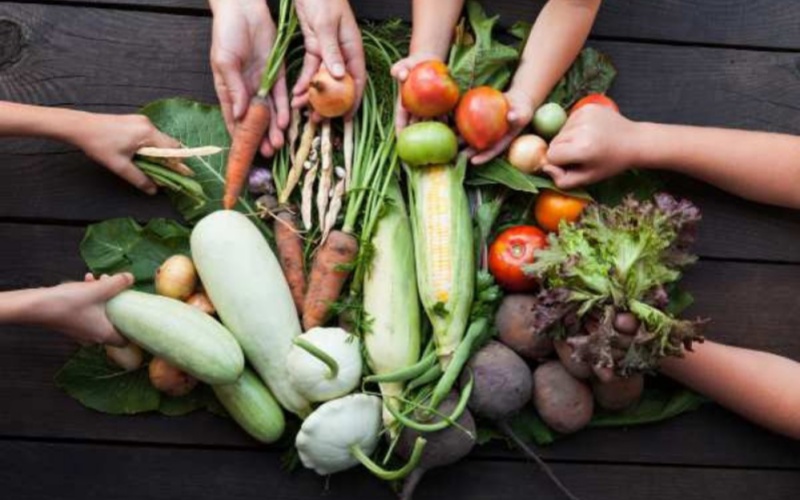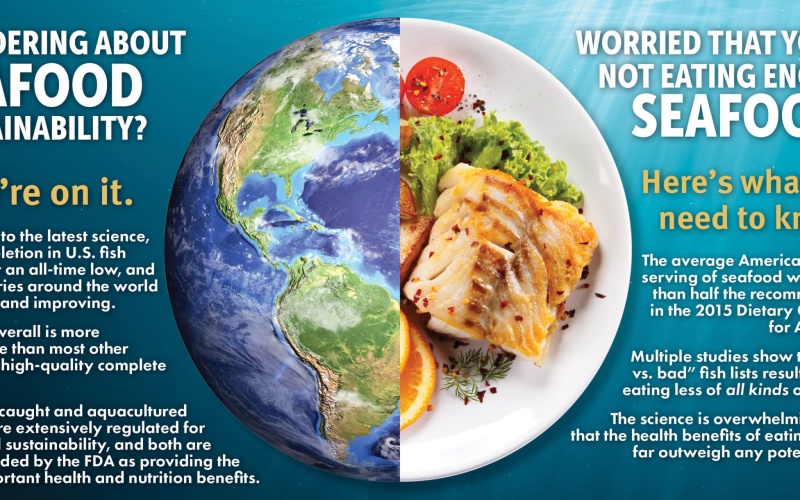Another important aspect of food sustainability is minimizing food waste. Globally, a significant portion of food produced is wasted, contributing to greenhouse gas emissions and unnecessary resource depletion. To combat this, individuals can adopt practices such as meal planning, proper food storage, and utilizing leftovers creatively. Composting is another effective way to reduce waste, as it transforms food scraps into nutrient-rich soil, benefiting gardens and reducing landfill contributions.
Choosing sustainable proteins is also vital in promoting food sustainability. The meat and dairy industries are major contributors to environmental degradation, including deforestation and greenhouse gas emissions. Incorporating more plant-based proteins into your diet, such as legumes, nuts, and grains, can significantly lessen your environmental impact. If you do choose to consume animal products, consider sourcing them from farms that prioritize humane and sustainable practices.

Education plays a key role in fostering food sustainability. By staying informed about where your food comes from and the practices used in its production, you can make more conscious choices. Reading labels, researching brands, and supporting organizations committed to sustainable practices can empower you to make a difference. Additionally, engaging in community initiatives, such as local food co-ops or community-supported agriculture programs, can enhance your understanding of sustainable practices while connecting you with like-minded individuals.
Cooking at home also contributes to food sustainability. Preparing meals from scratch allows you to control ingredient quality and reduce reliance on processed foods, which often come with excessive packaging and preservatives. By embracing cooking as a creative outlet, you can explore diverse cuisines and flavors while making sustainable choices.

Food sustainability is not just a trend but a necessary shift towards a healthier planet and society. By prioritizing local sourcing, minimizing waste, choosing sustainable proteins, educating yourself, and cooking at home, you can play a significant role in promoting a more sustainable food system. Every small change contributes to a larger impact, making it essential for individuals to embrace these practices in their daily lives.




